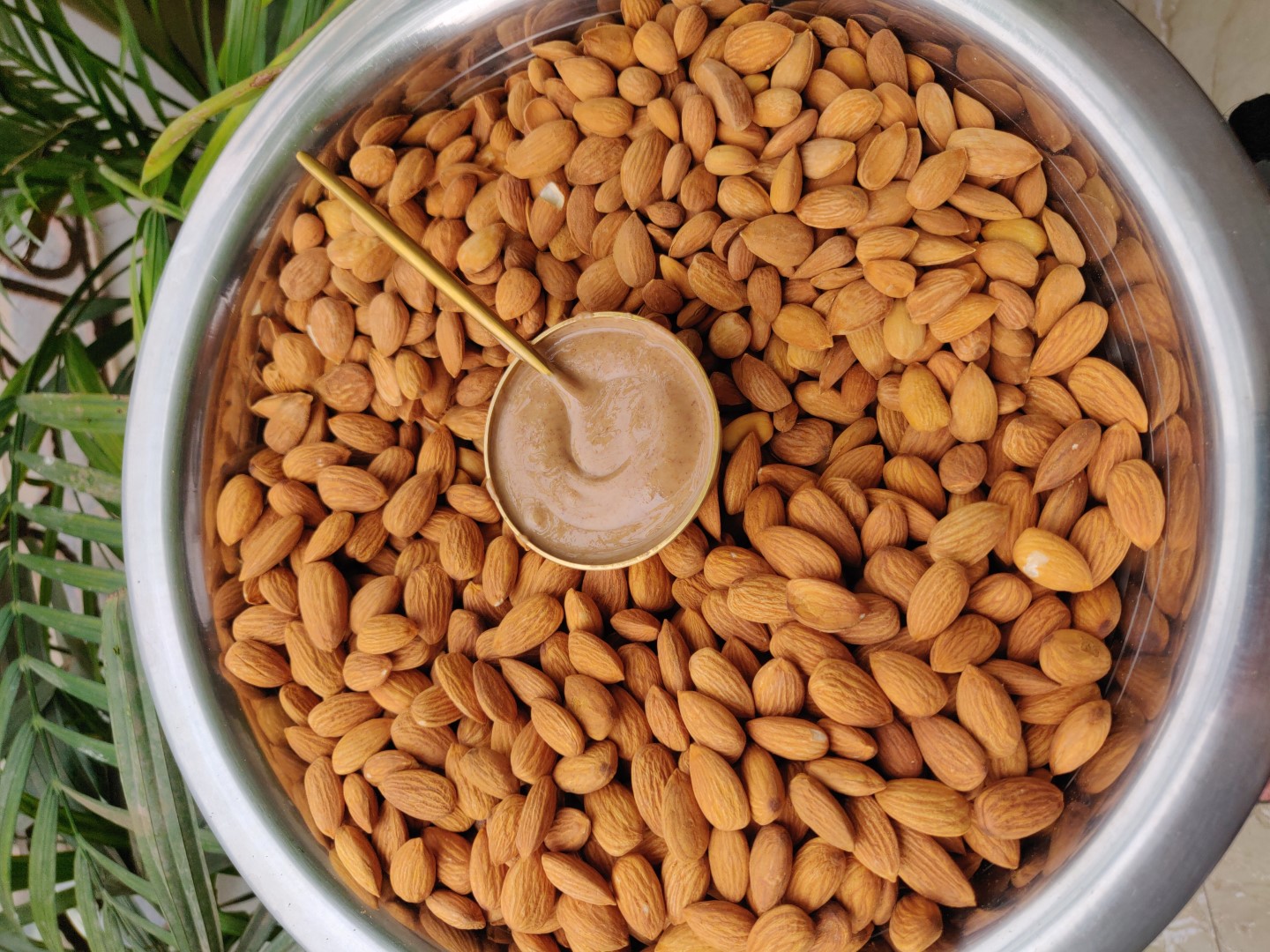Milk has been a beloved beverage for centuries, revered for its nourishing properties and regarded as a symbol of growth and vitality. However, in recent years, milk has faced its share of criticism and controversy. Detractors argue that milk may not be as beneficial as once believed, while others question its place in a well-rounded diet. In this post, we aim to defend the timeless tradition of drinking milk everyday, shedding light on its nutritional power and the potential health benefits it offers. So, let’s embark on a journey to uncover the truth about milk and why it deserves a prominent spot in your daily routine! 🥛🐄💪🌟
🥛 A Nutritional Powerhouse: Milk is an incredible source of essential nutrients, boasting a well-balanced composition that contributes to overall health and well-being. Here are some key nutrients found in milk:
1️⃣ Protein: Milk is an excellent source of high-quality protein, containing all the essential amino acids necessary for the growth, repair, and maintenance of tissues throughout the body. Protein is crucial for the development of muscles, bones, skin, and enzymes.
2️⃣ Calcium: Milk is renowned for its calcium content, which is vital for building and maintaining strong bones and teeth. Calcium is also involved in muscle contraction, blood clotting, and nerve function, making it essential for overall health.
3️⃣ Vitamins and Minerals: Milk is rich in various vitamins and minerals, including vitamin D, vitamin B12, phosphorus, potassium, and magnesium. These nutrients play essential roles in energy production, immune function, cell metabolism, and maintaining electrolyte balance.
4️⃣ Healthy Fats: Milk contains a balanced mix of saturated, monounsaturated, and polyunsaturated fats. These healthy fats are essential for proper brain function, hormone synthesis, and the absorption of fat-soluble vitamins like vitamin A, D, E, and K.
🏋️ Potential Health Benefits: Drinking milk everyday can offer a range of potential advantages for your health:
1️⃣ Bone Health: Milk’s calcium content, combined with vitamin D, promotes strong and healthy bones, reducing the risk of osteoporosis and fractures, especially as you age. Calcium is crucial during childhood and adolescence when bone development is at its peak.
2️⃣ Muscle Growth and Repair: The protein in milk provides the building blocks for muscle growth and repair. It is particularly beneficial for athletes, individuals engaged in physical activities, and those recovering from injuries or surgeries.
3️⃣ Heart Health: Some research suggests that consuming milk, especially low-fat or skim milk, as part of a balanced diet may be associated with a lower risk of cardiovascular diseases. The nutrients in milk, including calcium, potassium, and bioactive peptides, may contribute to heart health.
4️⃣ Weight Management: Milk’s protein and healthy fats can help promote satiety, keeping you feeling full for longer periods and potentially aiding in weight management and controlling cravings.
5️⃣ Nutrient Density: Milk is a nutrient-dense beverage, meaning it provides a significant amount of essential nutrients relative to its calorie content. This makes it an efficient way to meet your nutritional needs, especially when consumed as part of a balanced diet.
🥛🐄💪🌟 Incorporating Milk into Your Daily Routine: To enjoy the benefits of milk, consider incorporating it into your daily routine in various ways:
1️⃣ As a Standalone Beverage: Savor a refreshing glass of milk on its own as a nutritious beverage. Choose the type of milk that suits your preferences and dietary needs, such as whole milk, low-fat milk, or plant-based alternatives like almond milk or soy milk.
2️⃣ In Smoothies and Shakes: Blend milk with fruits, vegetables, and other ingredients to create delicious and nutrient-packed smoothies and shakes. Milk adds creaminess, richness, and a dose of essential nutrients to your favorite blended creations.
3️⃣ With Cereal or Oatmeal: Pour milk over your favorite cereals or use it as a base for your morning bowl of oatmeal. The creamy texture of milk enhances the flavors of these breakfast staples while providing a nutrient boost.
4️⃣ In Cooking and Baking: Incorporate milk into various recipes, from soups and sauces to baked goods and desserts. It adds moisture, richness, and a velvety texture to dishes, elevating their taste and nutritional value.
5️⃣ Yogurt and Cheese: Explore other dairy products like yogurt and cheese, which are derived from milk and offer their unique nutritional profiles. These products can add variety and flavor to your meals while providing additional health benefits.
🥛🐄💪🌟 The Power of Drinking Milk Everyday: Milk has been a trusted and cherished beverage for generations, delivering essential nutrients and contributing to optimal health. With its nutritional powerhouse of protein, calcium, vitamins, minerals, and healthy fats, milk offers a wide range of potential health benefits. By incorporating milk into your daily routine, you can support bone health, muscle growth, heart health, weight management, and overall well-being. So, embrace the tradition of drinking milk everyday and savor the numerous advantages it brings to your life! 🥛🐄💪🌟











